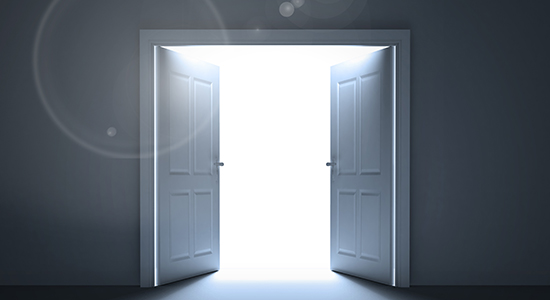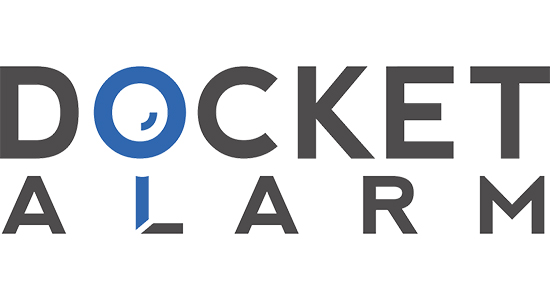Quote
“A lot of firms are still
operating on the billable hour,
but that’s changing.”

– Oliver Yandle, executive director
of the Association for Legal
Administrators.
He said a lot of clients view
the billable hour as rewarding
inefficiency, and alternative
legal services providers are taking
notice.
“With the billable hour, you
are not incentivizing behavior
that would encourage people to
be more cost effective, whereas
some of these competitor organizations
may be in a position
to deliver legal services more
cheaply and as good or better as
some firms may be able to provide,” he said. “So they are increasing the competition and
really forcing firms to take a hard look at that.”
To learn more about billing trends in Wisconsin, see “Prioritize Efficiency, Maximize
Time: The Economics of Law Practice” elsewhere in this issue.
By the Numbers
135
– The number of bills enacted
into law in Wisconsin in 2017.
The Wisconsin Legislature
introduced 1,518 bills last year,
and some are still pending as
the 2017-18 session continues.
By contrast, the U.S. Congress
passed and the U.S.
President signed 94 bills into
law in 2017, while 6,987 bills
were introduced.
Source: legis.wisconsin.gov;
congress.gov
Legal Trending
Smart Contracts and
Blockchain Technology
Revolutionizing
Contract Negotiations

In their Above the Law article “Blockchain, Millennials, and the
Law – The Times They Are a Changin’,” David Perla and Sanjay
Kamlani explain why blockchain technology will revolutionize
contract negotiation. In part, it’s because younger generations
are less inclined to haggle.
“You may not yet understand the blockchain or the notion of
smart contracts, but they are facilitating the world of fairness
and transparency that the sons and daughters of Bob Dylan’s
generation hold dear,” they wrote.
“The [blockchain] process to achieve consensus about
standard provisions … will result in provisions that generate an
outcome that is presumed or agreed in advance to be fair, and
which eliminates the need or possibility of competitive negotiation.”
This process can generate efficiencies in terms of both time
and money.
To learn more about blockchain, see “What’s Hot, What’s Not:
National and Global Trends 2018” elsewhere in this issue.
Tech Tip
Client Envelopes:
Don’t Reveal
Confidential Information

Aetna has agreed to pay a $17 million settlement to resolve a class
action breach of privacy suit involving HIV disclosures. According
to court documents, the display windows on envelopes were too
large and revealed, in addition to the recipient’s name and address,
that the recipient was receiving HIV prescribed medications.
Under Wisconsin Supreme Court Rule (SCR) 20:1.6, a lawyer has
a duty to protect the confidentiality of clients. Accordingly, lawyers
should review their envelopes, especially if software is being used
to merge and prepare the mailings, to ensure that confidential
information is not visible in the envelope’s display window.
Source: Christopher Shattuck, Practice 411™ manager, State Bar
of Wisconsin Law Practice Assistance Program
Good Idea
Texas Legal Incubator Grows
Entrepreneurs, Aids Access
to Justice

In April, 30 more attorneys will join the Texas
Opportunity & Justice Incubator (TOJI) – created
by the State Bar of Texas last year. The TOJI helps
new lawyers establish independent law practices
by providing training in business operations,
marketing, and client relations.
The 18-month program subsidizes office space,
mentorship and training, and technology tools
while new attorneys provide legal services to lowand
moderate-income clients. The program helps
new lawyers leverage innovation and technology
in building a sustainable practice that focuses on
low- and moderate-income clients.
Source: Texas Bar Blog
On the Radar
Fastcase Keeps Innovating,
Acquires DocketAlarm

Fastcase recently acquired DocketAlarm, which leverages hundreds of
millions of court records with machine learning and other tools to identify
judicial trends and predict litigation outcomes.
“DocketAlarm adds insights from court filings in cases that never result
in an opinion, giving litigators a more complete picture in their research,”
said Fastcase CEO Ed Walters. “Now Fastcase and DocketAlarm subscribers
can search motions, pleadings, and briefs; get clear analytic insights into
judges and law firms; and understand the history of similar cases.”
Fastcase legal research is a member benefit of the State Bar of
Wisconsin.
Source: Fastcase; Law Sites Blog
